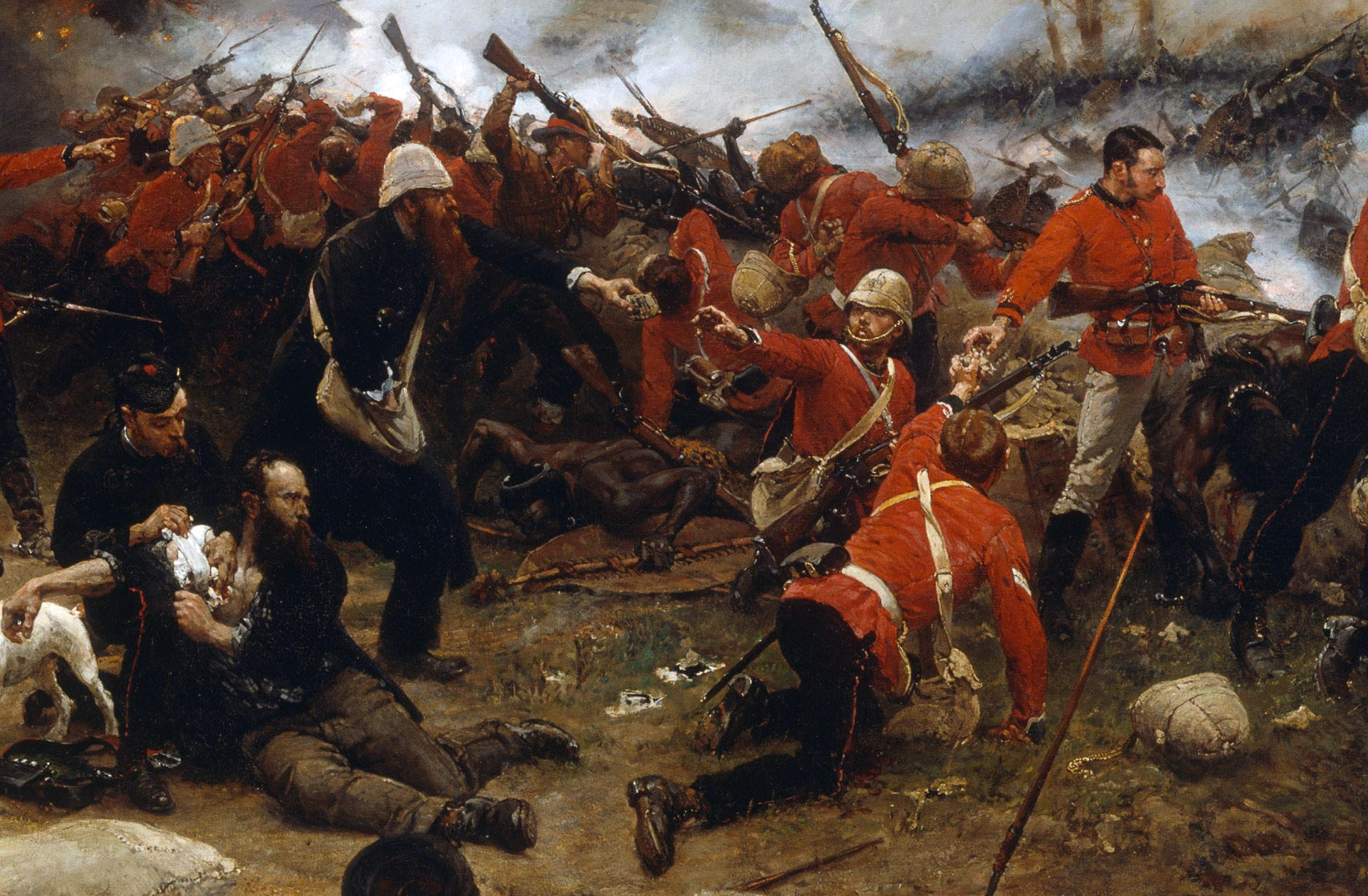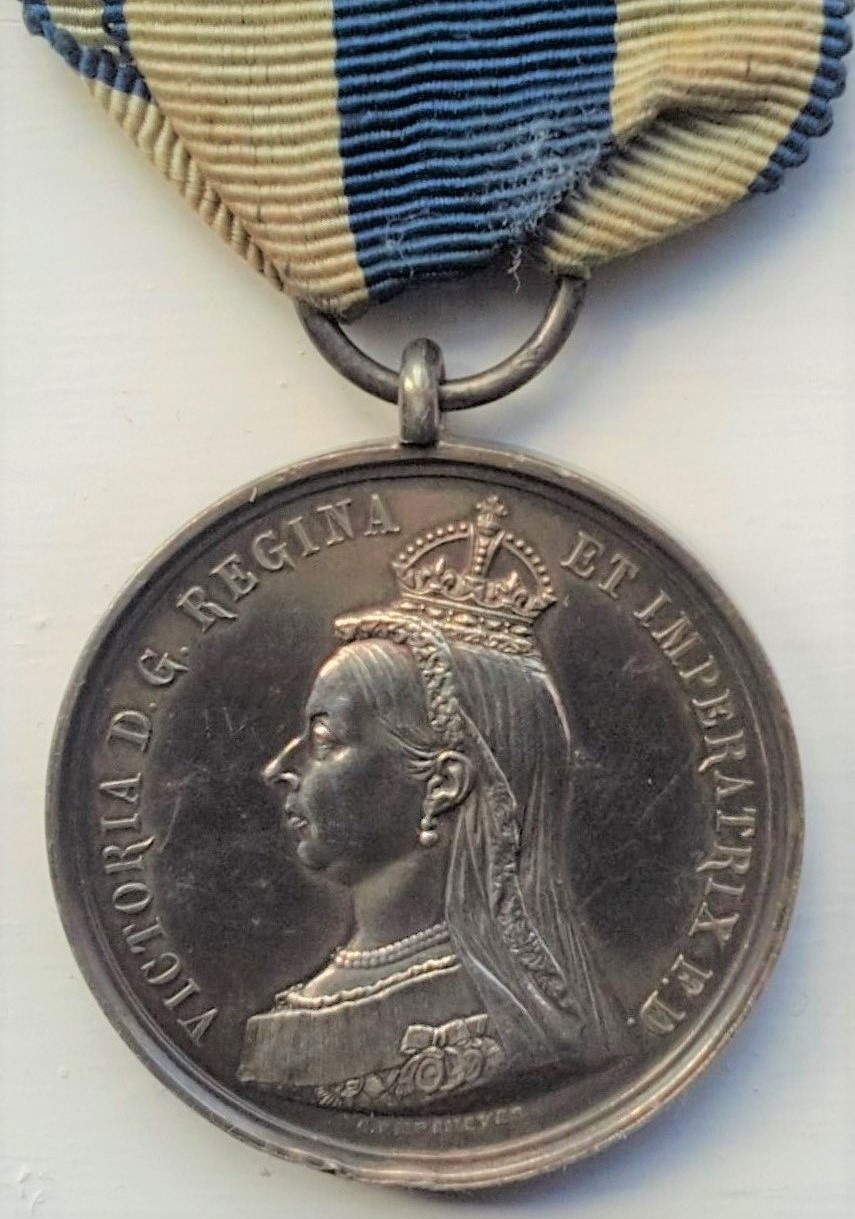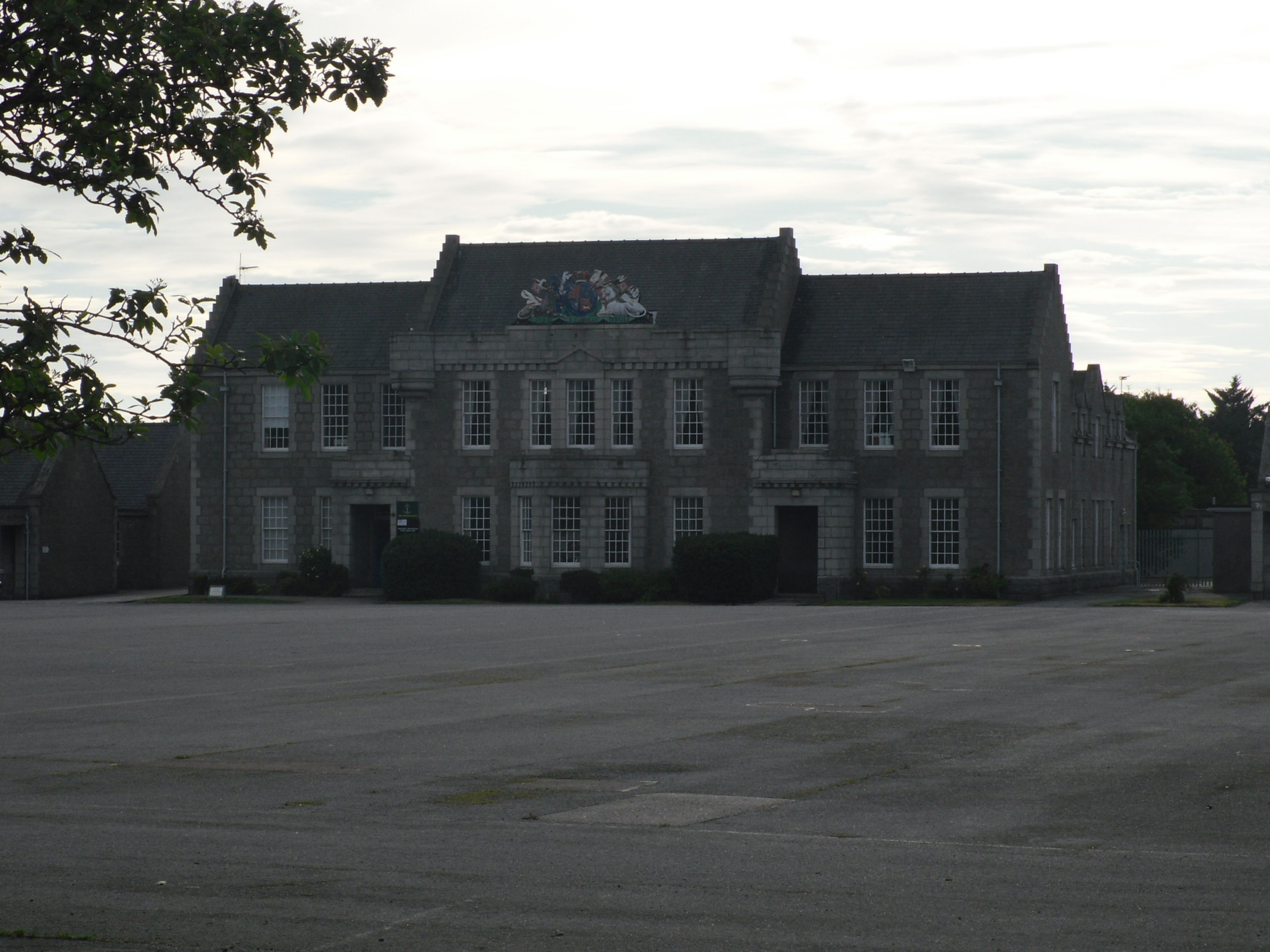|
Richard Hillebrand Morgan
Lieutenant Colonel Richard Hillebrand Morgan, VD, CLIV was a Ceylonese lawyer. He was the commanding officer of the Ceylon Light Infantry Volunteers. Born to Sir Richard Francis Morgan, 13th Queen's Advocate of Ceylon and acting Chief Justice of Ceylon, Richard Hillebrand Morgan was educated at the Colombo Academy and the S. Thomas' College. In 1858 he traveled to England for studies at Cheltenham College, in 1863 he entered St John's College, Cambridge, where he graduated with BA in 1866. In 1868, he was admitted as a barrister from the Lincoln's Inn. He returned to Ceylon and became an advocate and established his legal practice. He served as the acting police magistrate of Colombo and district judge of Colombo. He was a member of council of legal education. Having served with the Cambridge University Rifle Volunteers, he was commissioned as a first lieutenant in the Ceylon Light Infantry Volunteer Corp. He was promoted to captain in 1886, award the honorary rank of ... [...More Info...] [...Related Items...] OR: [Wikipedia] [Google] [Baidu] |
Royal College, Colombo
Royal College, Colombo is a Single-sex education, selective entry boys' school located in Cinnamon Gardens, Cinnamon Gardens, Colombo, Sri Lanka. Started as a private school by Rev Joseph Marsh in 1835, it was established as the Colombo Academy by Sir Robert Wilmot-Horton, 3rd Baronet, Sir Robert Wilmot-Horton in January 1836, as part of the implementation of the recommendations of the Colebrooke Cameron Commission (1833), and was the first State school, government-run secondary school for boys in the island. Royal College is the first Lists of schools in Sri Lanka, public school in Sri Lanka and is often referred to as the "Eton College, Eton of Sri Lanka". The school was founded in the Public school (United Kingdom), British public school tradition, based on the recommendations of the Colebrooke Cameron Commission (1833), and having been named the Royal College, Colombo in 1881 with consent from Queen Victoria, it became the first school to gain the prefix, "Royal", outside o ... [...More Info...] [...Related Items...] OR: [Wikipedia] [Google] [Baidu] |
Lincoln's Inn
The Honourable Society of Lincoln's Inn is one of the four Inns of Court in London to which barristers of England and Wales belong and where they are called to the Bar. (The other three are Middle Temple, Inner Temple and Gray's Inn.) Lincoln's Inn, along with the three other Inns of Court, is recognised as being one of the world's most prestigious professional bodies of judges and lawyers. Lincoln's Inn is situated in Holborn, in the London Borough of Camden, just on the border with the City of London and the City of Westminster, and across the road from London School of Economics and Political Science, Royal Courts of Justice and King's College London's Maughan Library. The nearest tube station is Holborn tube station or Chancery Lane. Lincoln's Inn is the largest Inn, covering . It is believed to be named after Henry de Lacy, 3rd Earl of Lincoln. History During the 12th and early 13th centuries, the law was taught in the City of London, primarily by the clerg ... [...More Info...] [...Related Items...] OR: [Wikipedia] [Google] [Baidu] |
Colony Of Natal
The Colony of Natal was a British colony in south-eastern Africa. It was proclaimed a British colony on 4 May 1843 after the British government had annexed the Boer Republic of Natalia, and on 31 May 1910 combined with three other colonies to form the Union of South Africa, as one of its provinces. It is now the KwaZulu-Natal province of South Africa. It was originally only about half the size of the present province, with the north-eastern boundaries being formed by the Tugela and Buffalo rivers beyond which lay the independent Kingdom of Zululand (''kwaZulu'' in the Zulu language). Fierce conflict with the Zulu population led to the evacuation of Durban, and eventually, the Boers accepted British annexation in 1844 under military pressure. A British governor was appointed to the region and many settlers emigrated from Europe and the Cape Colony. The British established a sugar cane industry in the 1860s. Farm owners had a difficult time attracting Zulu labourers to work o ... [...More Info...] [...Related Items...] OR: [Wikipedia] [Google] [Baidu] |
Adolph Coqui
Adolf (also spelt Adolph or Adolphe, Adolfo and when Latinised Adolphus) is a given name used in German-speaking countries, Scandinavia, the Netherlands and Flanders, France, Italy, Spain, Portugal, Latin America and to a lesser extent in various Central European and East European countries with non-Germanic languages, such as Lithuanian Adolfas and Latvian Ādolfs. Adolphus can also appear as a surname, as in John Adolphus, the English historian. The female forms Adolphine and Adolpha are far more rare than the male names. The name is a compound derived from the Old High German ''Athalwolf'' (or ''Hadulf''), a composition of ''athal'', or ''adal'', meaning "noble" (or '' had(u)''-, meaning "battle, combat"), and ''wolf''. The name is cognate to the Anglo-Saxon name '' Æthelwulf'' (also Eadulf or Eadwulf). The name can also be derived from the ancient Germanic elements "Wald" meaning "power", "brightness" and wolf (Waldwulf). Due to negative associations with Adolf Hitle ... [...More Info...] [...Related Items...] OR: [Wikipedia] [Google] [Baidu] |
Queen Victoria Diamond Jubilee Medal
The Diamond Jubilee Medal was instituted in 1897 by Royal Warrant as a British decoration. The medal was awarded to members of the Royal Family and the court, guests and dignitaries present at the celebrations of Queen Victoria's diamond jubilee and to selected soldiers and sailors who formed the jubilee parade in London. The medal followed the Queen Victoria Golden Jubilee Medal, Golden Jubilee Medal, issued ten years previously, both in terms of design and award criteria, with those qualifying for both medals receiving a ribbon clasp in lieu of a second medal. Issue The medal was awarded to those involved in the official celebrations of Queen Victoria's diamond jubilee, including members of the Royal Family, Royal Households of the United Kingdom, Royal Household and government officials, as well as Envoys, Foreign Ambassadors and Colonial Prime Ministers. Military recipients included selected officers, sailors and soldiers of the Royal Navy and Army, and the Indian and coloni ... [...More Info...] [...Related Items...] OR: [Wikipedia] [Google] [Baidu] |
Lieutenant Colonel
Lieutenant colonel ( , ) is a rank of commissioned officers in the armies, most marine forces and some air forces of the world, above a major and below a colonel. Several police forces in the United States use the rank of lieutenant colonel. The rank of lieutenant colonel is often shortened to simply "colonel" in conversation and in unofficial correspondence. Sometimes, the term 'half-colonel' is used in casual conversation in the British Army. In the United States Air Force, the term 'light bird' or 'light bird colonel' (as opposed to a 'full bird colonel') is an acceptable casual reference to the rank but is never used directly towards the rank holder. A lieutenant colonel is typically in charge of a battalion or regiment in the army. The following articles deal with the rank of lieutenant colonel: * Lieutenant-colonel (Canada) * Lieutenant colonel (Eastern Europe) * Lieutenant colonel (Turkey) * Lieutenant colonel (Sri Lanka) * Lieutenant colonel (United Kingdom) * ... [...More Info...] [...Related Items...] OR: [Wikipedia] [Google] [Baidu] |
Substantive
A noun () is a word that generally functions as the name of a specific object or set of objects, such as living creatures, places, actions, qualities, states of existence, or ideas.Example nouns for: * Living creatures (including people, alive, dead or imaginary): ''mushrooms, dogs, Afro-Caribbeans, rosebushes, Nelson Mandela, bacteria, Klingons'', etc. * Physical objects: ''hammers, pencils, Earth, guitars, atoms, stones, boots, shadows'', etc. * Places: ''closets, temples, rivers, Antarctica, houses, Grand Canyon, utopia'', etc. * Actions: ''swimming, exercises, diffusions, explosions, flight, electrification, embezzlement'', etc. * Qualities: ''colors, lengths, deafness, weights, roundness, symmetry, warp speed,'' etc. * Mental or physical states of existence: ''jealousy, sleep, heat, joy, stomachache, confusion, mind meld,'' etc. Lexical categories ( parts of speech) are defined in terms of the ways in which their members combine with other kinds of expressions. The s ... [...More Info...] [...Related Items...] OR: [Wikipedia] [Google] [Baidu] |
Major (rank)
Major (commandant in certain jurisdictions) is a military rank of commissioned officer status, with corresponding ranks existing in many military forces throughout the world. When used unhyphenated and in conjunction with no other indicators, major is one rank above captain, and one rank below lieutenant colonel. It is considered the most junior of the field officer ranks. Background Majors are typically assigned as specialised executive or operations officers for battalion-sized units of 300 to 1,200 soldiers while in some nations, like Germany, majors are often in command of a company. When used in hyphenated or combined fashion, the term can also imply seniority at other levels of rank, including ''general-major'' or ''major general'', denoting a low-level general officer, and '' sergeant major'', denoting the most senior non-commissioned officer (NCO) of a military unit. The term ''major'' can also be used with a hyphen to denote the leader of a military band such a ... [...More Info...] [...Related Items...] OR: [Wikipedia] [Google] [Baidu] |
Captain
Captain is a title, an appellative for the commanding officer of a military unit; the supreme leader of a navy ship, merchant ship, aeroplane, spacecraft, or other vessel; or the commander of a port, fire or police department, election precinct, etc. In militaries, the captain is typically at the level of an officer commanding a company or battalion of infantry, a ship, or a battery of artillery, or another distinct unit. The term also may be used as an informal or honorary title for persons in similar commanding roles. Etymology The term "captain" derives from (, , or 'the topmost'), which was used as title for a senior Byzantine military rank and office. The word was Latinized as capetanus/catepan, and its meaning seems to have merged with that of the late Latin "capitaneus" (which derives from the classical Latin word "caput", meaning head). This hybridized term gave rise to the English language term captain and its equivalents in other languages (, , , , , , , , , kapitány, K ... [...More Info...] [...Related Items...] OR: [Wikipedia] [Google] [Baidu] |
First Lieutenant
First lieutenant is a commissioned officer military rank in many armed forces; in some forces, it is an appointment. The rank of lieutenant has different meanings in different military formations, but in most forces it is sub-divided into a senior (first lieutenant) and junior (second lieutenant) rank. The NATO equivalent rank for land force officers is OF-1 rank. In navies, while certain rank insignia may carry the name lieutenant, the term may also be used to relate to a particular post or duty, rather than a rank. Indonesia In Indonesia, "first lieutenant" is known as ''Letnan Satu'' (''Lettu''), Indonesian National Armed Forces uses this rank across all three of its services. It is just above the rank of second lieutenant and just below the rank of captain. Israel In the Israel Defense Forces, the rank above second lieutenant is simply lieutenant. The rank of (קצין מקצועי אקדמאי (קמ"א (''katsín miktsoí akademai'' or "kama"), a professional ac ... [...More Info...] [...Related Items...] OR: [Wikipedia] [Google] [Baidu] |
Officers' Training Corps
The Officers' Training Corps (OTC), more fully called the University Officers' Training Corps (UOTC), are military leadership training units operated by the British Army. Their focus is to develop the leadership abilities of their members whilst giving them an opportunity to take part in military life whilst at university. OTCs also organise non-military outdoor pursuits such as hill walking and mountaineering. UOTC units are not deployable units nor are their cadets classed as trained soldiers. The majority of members of the UOTC do not go on to serve in the regular or reserve forces. History General history of the units The emergence of the Officers' Training Corps as a distinct unit began in 1906, when the Secretary of State for War, Lord Haldane, first appointed a committee to consider the problem of the shortage of officers in the Militia, the Volunteer Force, the Yeomanry, and the Reserve of Officers. The committee recommended that an Officers' Training Corps be formed. T ... [...More Info...] [...Related Items...] OR: [Wikipedia] [Google] [Baidu] |




